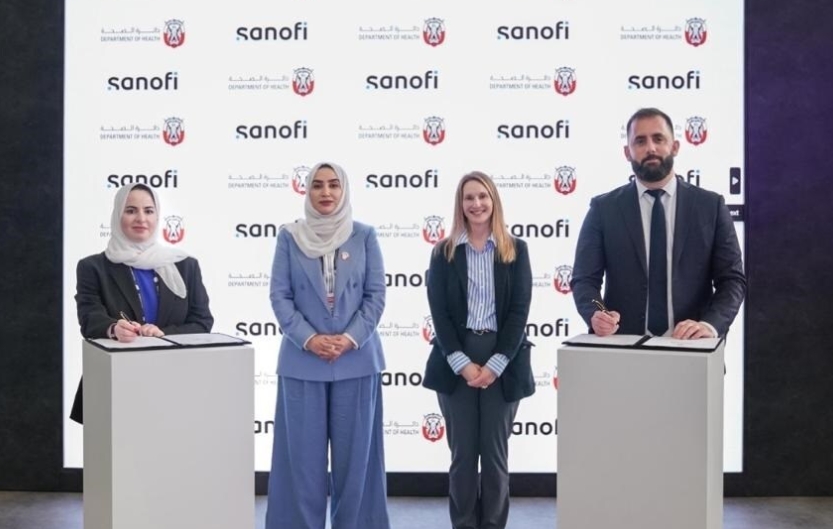
Image Credit: shutterstock.com
Clinical researchers from Singapore's National University Hospital (NUH) have found that a smartphone app-based lifestyle coaching programme designed for women with gestational diabetes mellitus (GDM) is effective in controlling blood sugar and preventing GDM-related complications among newborns. The research study, titled SMART-GDM, was based on a clinical trial conducted among some 340 pregnant women in Singapore enrolled between September 2017 to November 2018.
GDM is a category of diabetes that affects women during pregnancy, where the sugar level in the blood is too high. In most cases, GDM develops in the middle or towards the end of pregnancy, and resolves after giving birth. Poor control of blood sugar level during pregnancy is associated with higher risks of preterm birth, caesarean section, pre-eclampsia, macrosomia and may have low sugar levels after birth, which would require additional care in the neonatal unit. Women with GDM are more likely to develop diabetes later in life.
Promoting self-management and monitoring
To address these challenges, NUH has partnered medical technology firm Jana Care to co-develop Habits-GDM, a largely automated smartphone app-based lifestyle coaching programme designed to equip women with GDM with the means to independently manage and monitor their own condition. The programme also takes into consideration the nutritional requirements and exercise restriction during pregnancy, as well as the need to prevent excessive gestational weight gain.
Women who were diagnosed with GDM between 12-30 weeks of gestation and had completed face-to-face GDM education sessions as part of usual care were eligible for the trial using Habits-GDM. In addition to usual care, participants in the intervention group downloaded the app and were given a glucometer and a Bluetooth weighing scale that was linked to the app. Participants were prompted by automated messages to measure their blood sugar and weigh themselves regularly.
The programme comprises 12 interactive lessons, diet, self-monitoring of blood sugar, physical activity and weight tracking tools, and messaging platform with healthcare professionals. The content was co-developed by endocrinologists, obstetricians, diabetes educators and dietitians in NUH. The lessons content were similar to the inperson education provided to both study arms, with additional modules on gestational weight gain, and more detailed dietary and physical activity guidance. Provided in bitesized modules, participants could go through the lessons at their own pace and revisit them whenever they wished.
A database of common foods in Singapore was also incorporated into Habits-GDM, and participants were cued via automated messages to record their diet. The app also has a manual chat function where the participants may pose questions and the healthcare team would respond within 24 hours. The healthcare team did not reach out proactively through this function as most of the coaching was designed to be automated.
Study outcomes
The average blood sugar readings were lower in the intervention group compared to the control group, with no differences in the frequency of self-monitoring of blood sugar. Overall neonatal complications were significantly lower in the intervention group (38.1%) than control group (53.7%). A total of 152 infants (64 intervention, 88 control) experienced at least one of the specified neonatal complications.
Dr Yew noted, “SMART-GDM is the largest randomised controlled trial to date focusing on the use of mobile technologies in supporting the management of blood sugar level in women with GDM. It is also the first to demonstrate an associated reduction in adverse outcomes among newborns.”
The clinical study was published in Diabetes Care, one of the highest-ranked peerreviewed journals in the field of diabetes and endocrinology, on 13 July 2020. https://care.diabetesjournals.org/content/early/2020/11/05/dc20-1216




